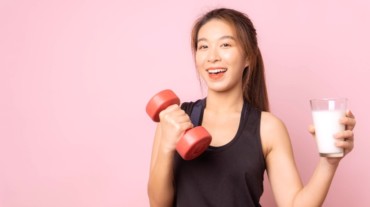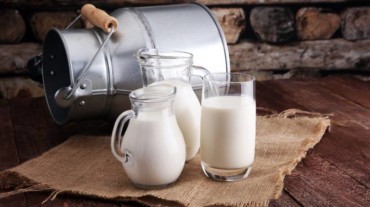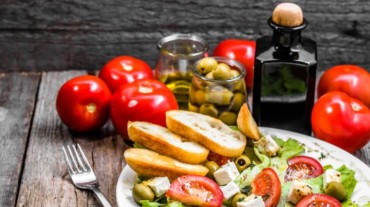
Haven’t we all grown up believing that milk and dairy products can help maintain long-term bone strength? But turns out, it’s not true! Recent research has found that despite containing essential nutrients, milk might not be able to protect our bone health as we age.
A study done by the Women’s Health Across the Nation (SWAN) found that during the menopause transition, when bone loss is accelerated, milk and dairy products offer little benefit in preventing bone mineral density loss or fractures. Dairy products don’t nourish lumbar spine or femoral neck bone density, nor does it protect us against a fracture risk.
How did the research start?
The research was initiated by examining the impact of dairy intake on femoral and spine bone mineral density. The study also analysed how dairy consumption impacts the risk of bone loss and fractures across the menopause transition in women.
The greatest risk factors of getting osteoporosis (age and sex) are beyond our control. The research deeply examined modifiable risk factors that cause irreversible, age-related, progressive, degenerative skeletal diseases. Analysing these risk factors is essential since they make women more susceptible to bone fractures.
Is dairy ineffective in helping to maintain our bone health?
After SWAN analysis, it is found that even after daily dairy consumption neither the bone loss slowed down nor was the fracture risk mitigated.
In a study by The North American Menopause Society (NAMS), researchers found that as women enter the menopause transition, bone loss accelerates and may lead to osteoporosis.

Analysing the possible impact of dairy on women having osteoporosis, it was found that women are actually at a greater risk of developing it than men. The risk possibility of women experiencing it also increases significantly as women keep aging.
The collected data suggested that dairy proposed a lack of benefit on the majority of women’s bone mineral density and fracture risk. Although dairy does offer phenomenal nutritional benefits, it might not be the end-all solution to ageing bone-related woes.
Also, Read: Take charge of your bone health in your 20s to keep them strong for life with 7 expert-approved tips
What can save our long-term bone health then?
When asked about effective bone health food alternative to dairy, NAMS medical director, Stephanie Faubion stated: “There are many other health benefits of a Mediterranean-type diet rich in fruits, vegetables, and whole grains, as well as lean protein such as fish and low-fat dairy.”
Select Topics of your interest and let us customize your feed.
PERSONALISE NOW
So, ladies, we must remember to gorge on nutrient-rich foods instead of just focussing on our dairy intake for maintaining bone health.
Other than maintaining a healthy diet, exercising is just as essential. As we age, our bones lose strength. We must regularly practice weight-bearing exercises, such as walking or jogging to help maintain bone strength. Engaging in activities that improve strength and balance, such as yoga and tai chis, can also prevent falls.
(With inputs from IANS)